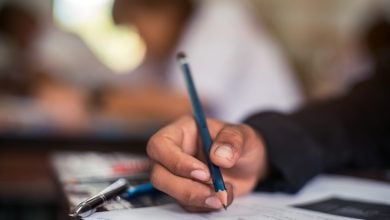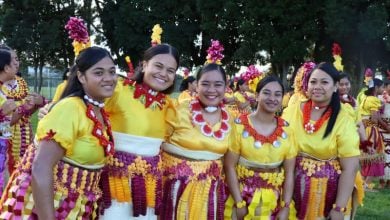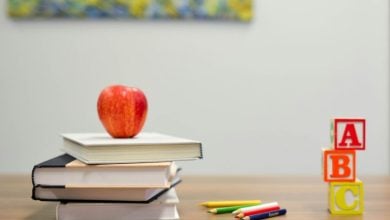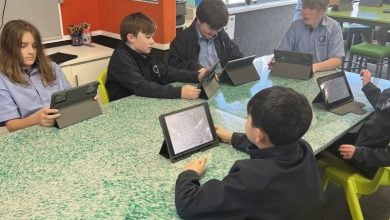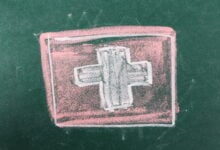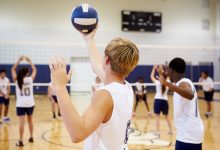University students keen to help high school students learn about global issues

 A group of first-year Lincoln University students have ended their semester by coming up with ideas on how to educate Kiwi high school pupils about pressing world issues.
A group of first-year Lincoln University students have ended their semester by coming up with ideas on how to educate Kiwi high school pupils about pressing world issues.
The 58 students are Lincoln’s first Global Challenges Scholars, acting as ambassadors for a new nationwide programme that aims to address concerns such as climate change and resource depletion, as well as provide teaching resources to secondary schools.
“The students worked on an end-of-semester project after being divided into nine groups, based on issues they were interested in,” SchoolsLinc programme manager Fiona Scott, who supervises the scholars’ Global Challenges activities, says.
“We asked them to produce a factual, informative three-minute video about a specific global challenge, without including bias or opinion. Then they had to find differing perspectives on the issue and present their findings to the rest of the scholars.”
The groups discussed issues including rising sea levels, obesity, climate change, food wastage, overpopulation, deforestation and water quality, taking into account different ideas on the subjects.
For example, the group that researched obesity presented views from such varied sources as a Lincoln University research associate professor, a Reproductive Health Centre director in the US, the Ministry of Social Development, and the Ministry of Health. They also mentioned cultural and positive perspectives on obesity.
“The students found that the research associate professor sees genes as playing a significant role in obesity, reproductive health studies point to a link between obesity in pregnancy and obese children, the Ministry of Social Development cites low parental income as a cause of childhood obesity, and people in some poorer countries view excess weight as a sign of good health and prosperity,” Ms Scott says.
“The students also discussed positive aspects to obesity, including faster healing times, less chance of injury in elderly people and more jobs in dietary, personal training and healthcare industries.”
Ms Scott says the group would like to see their resources used in year 9 and 10 physical education classes to bring awareness to the issue and also suggested showing presentations to school pupils during a health week.
“As far as all the students’ presentations are concerned, we want school teachers to initially play the videos to their classes,” she says.
The scholars will also suggest that teachers allocate each of the different perspectives to a pupil, who can carry out further research, investigating why the person or organisation holds their particular opinion. Pupils could then present their findings to the class.
“Classes might also want to look more closely at the sources of information the scholars used to find the perspectives. This can be investigated from a bias or accuracy point-of-view, to teach younger students about the reliability and usefulness of evidence,” Ms Scott says.


